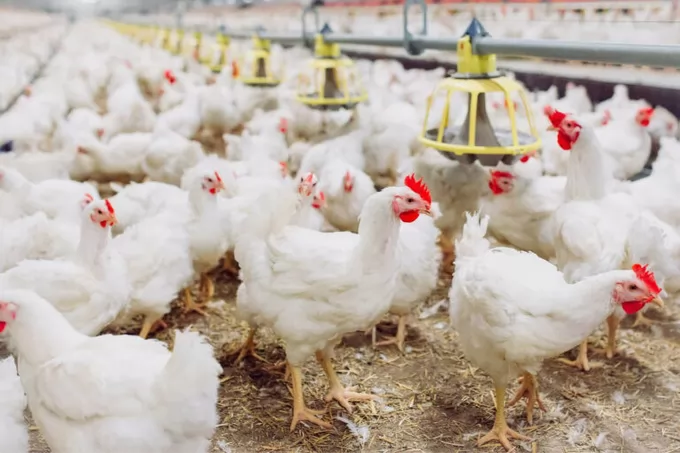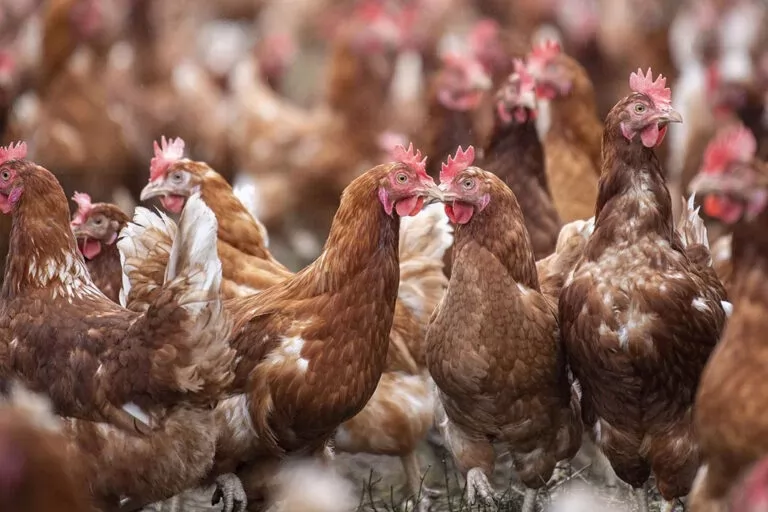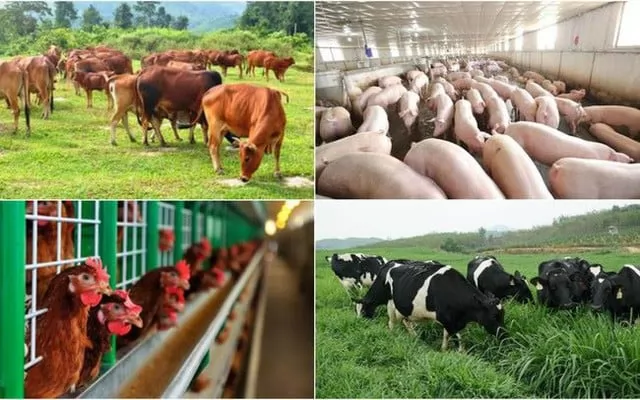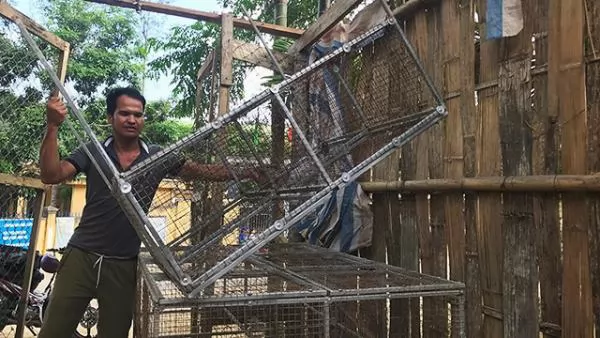Black soldier fly larvae research boost for UK poultry sector

Black soldier fly larvae are known for their ability to promote natural poultry behaviour and are a nutrient-rich, high-quality protein source. Photo: Canva.
(VAN) Funding totalling £3 million has been granted to a UK consortium which will utilise advanced technologies and black soldier fly larvae to improve poultry welfare and promote sustainability in the industry.
The ‘FeedFlow’ project is being led by insect farming innovator Flybox and is funded by Innovate UK as part of Defra’s Farming Innovation Programme.
Although the UK poultry industry has seen significant advancements in production sustainability through genetic selection, it faces persistent issues including poor leg health, high mortality rates and variable feed conversion rates, as well as contributing the ammonia emissions.
UK poultry production systems need to evolve
To address these issues and stay competitive against low-cost imports, UK poultry production systems need to evolve continuously. Black soldier fly larvae are renowned for their ability to promote natural poultry behaviour and are a nutrient-rich, high-quality protein source enhanced with antimicrobial peptides.
Artificial intelligence systems, meanwhile, propel precision agriculture by delivering real-time data on flock welfare and early warnings of potential issues. The FeedFlow project harnesses these technologies with a cutting edge rapid intervention system. It integrates FLOX360, an in-demand computer vision platform powered by enterprise-grade AI algorithms.
A rapid nutrient boost
In addition, the project incorporates Life Cycle Analysis, which is being led by Jess Callagham from the University of Chester, to assess Global Warming Potential. Flybox is also working with Nottingham Trent University’s School of Animal, Rural and Environmental Sciences, which will look at how fortified BSF larvae could deliver a rapid nutrient boost that addresses health challenges more effectively than traditional feed interventions.
Emily Burton, a professor in sustainable food production at Nottingham Trent University, said: “Insects are an essential part of our transition from linear to circular resource use, and project like this are accelerating insect production to commercial viability by thinking outside the box about how we can harness them to improve poultry production.”
Last year, Flybox and Nottingham Trent University embarked on a study to feed black soldier fly larvae food waste – nutritionally-enhanced using nanometre sized natural minerals – before being added to poultry feed. The work is part of a feasibility study which aims to increase the nutritional value of chickens and significantly reduce the carbon footprint of ingredients.
H.D
(Poultryworld)
Maybe you are interested

Improving layer hen welfare with better keel bone health
Keel bone damage, deviations, or fractures in a bird's breastbone, is an ongoing and prevalent problem among conventional laying hens and can be linked to the number and quality of eggs produced.

Collaborate to support low-emission agricultural solutions in the Mekong Delta
ChildFund Korea and ActionAid Vietnam will replicate the biogas model of waste treatment and provide low-emission gas for farming households.

Quảng Ngãi struggles to lift farmers out of poverty
QUẢNG NGÃI - Poverty alleviation programmes aiming to help people in mountainous areas of central Quảng Ngãi Province are ineffective and unsustainable, local authorities said.





